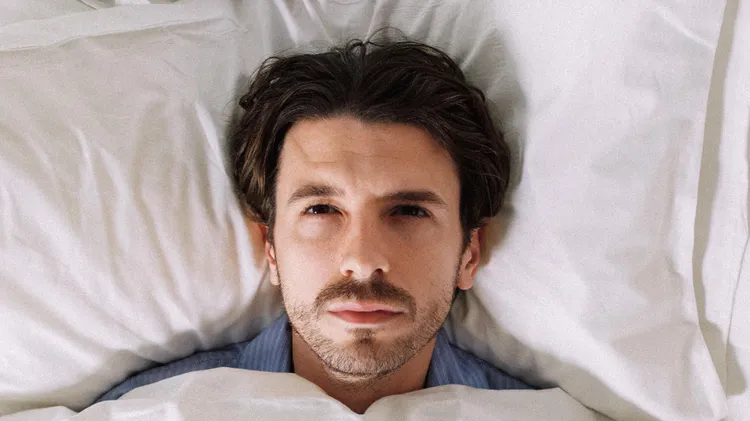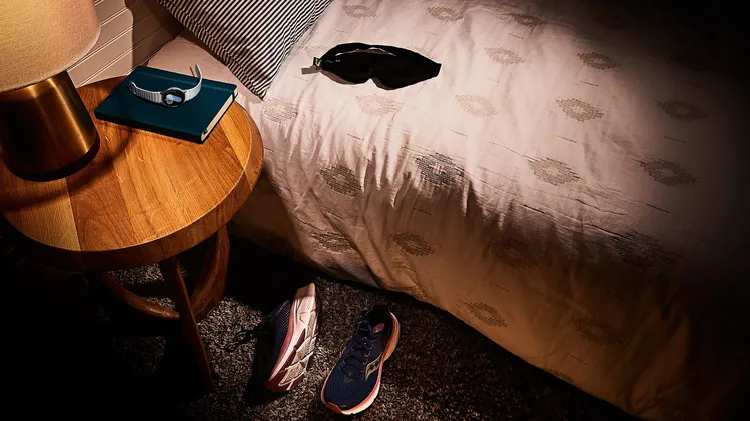Are you a morning person or a night owl? Chantelle Pattemore investigates the scien
Hit snooze
4 min read
This article is from...
Read this article and 8000+ more magazines and newspapers on Readly






